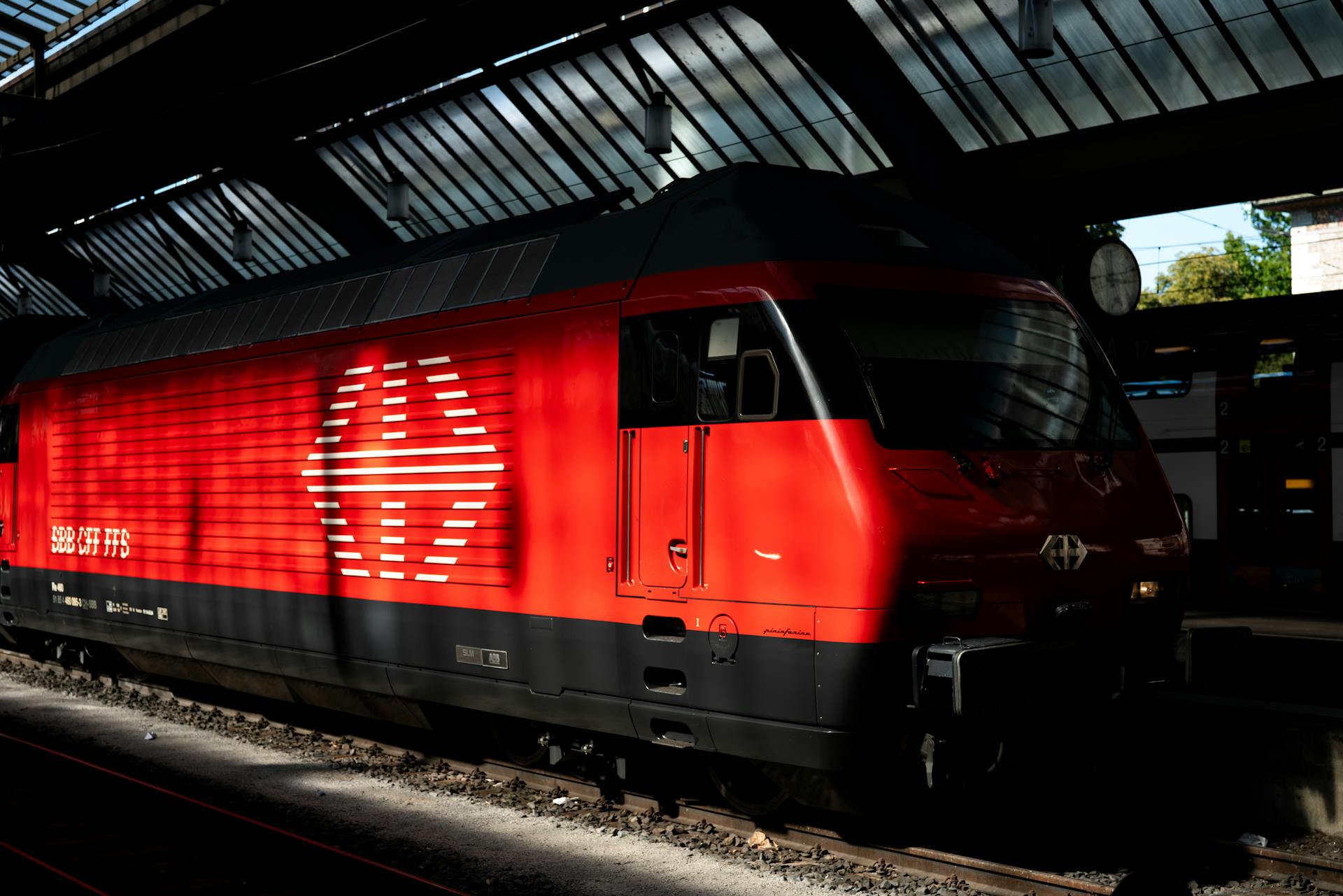When moving to Geneva, speaking a few words of French makes daily life a lot easier, even if many locals speak English well. This guide covers the essentials: key phrases, how to pronounce them, and a few Swiss-only words you won’t find in your typical textbook.
Quick Navigation
Greetings and polite basics
- Bonjour – Hello / Good morning
(bon-zhoor) - Bonsoir – Good evening
(bon-swahr) - Merci – Thank you
(mehr-see) - S’il vous plaît – Please
(seel voo pleh) - Excusez-moi – Excuse me
(ex-kew-zay mwah) - Au revoir – Goodbye
(oh ruh-vwar) - Je ne parle pas bien français – I don’t speak French well
(zhuh nuh parl pah byan frahn-seh) - Est-ce que vous parlez anglais ? – Do you speak English?
(ess-kuh voo parl-ay ahn-glay?)
Shopping and errands
- Combien ça coûte ? – How much does it cost?
(kohm-byen sah koot) - Je voudrais ceci / cela – I would like this / that
(zhuh voo-dray suh-see / suh-lah) - Où sont les toilettes ? – Where are the toilets?
(oo sohn lay twah-let) - Je paie par carte – I’ll pay by card
(zhuh peh par kart) - Le reçu, s’il vous plaît – The receipt, please
(luh ruh-sew, seel voo pleh)
In a restaurant or café
- Je voudrais… – I would like…
(zhuh voo-dray) - La carte, s’il vous plaît – The menu, please
(lah kart, seel voo pleh) - L’addition, s’il vous plaît – The bill, please
(la-dee-syon, seel voo pleh) - C’était très bon – That was very good
(say-teh tray bon) - Un café / Une bière – A coffee / A beer
(uh kah-fay / oon byair)
Using public transport
- Où est l’arrêt de bus ? – Where is the bus stop?
(oo eh lah-ray duh boos) - Le tram va à… ? – Does the tram go to…?
(luh trahm vah ah…?) - Je voudrais un billet, s’il vous plaît – I’d like a ticket, please
(zhuh voo-dray uhn bee-yay, seel voo pleh) - C’est quelle ligne ? – Which line is it?
(say kel leen-yuh) - À quelle heure passe le bus ? – What time does the bus come?
(ah kel uhr pass luh boos) - Je descends ici – I’m getting off here
(zhuh day-sahn dee-see)
A few Swiss-only words to know
- Une panosse – A mop
(pah-nosse)
In France, this would be serpillière. You might hear this word in cleaning instructions or rental check-ins. - Papier ménage – Paper towel / kitchen roll
(pah-pyay meh-nahzh)
In France, this is usually called essuie-tout or by the brand name Sopalin. In Switzerland, papier ménage (or “essuie-tout”) is the standard term and appears on most packaging. - Septante – Seventy
(seh-tahnt)
Replaces soixante-dix in all of French-speaking Switzerland. - Huitante – Eighty
(wee-tahnt)
Used instead of quatre-vingts in most cantons, except Geneva where quatre-vingts is still common. - Nonante – Ninety
(noh-nahnt)
Replaces quatre-vingt-dix in all of Suisse romande. - Déjeuner – Lunch in France, breakfast in Switzerland
(day-zhuh-nay)
In French-speaking Switzerland, déjeuner refers to breakfast, what the French would call petit déjeuner. Meanwhile, the French déjeuner (lunch) is called diner in Switzerland. - Diner – Dinner in France, lunch in Switzerland
(dee-nay)
This one can be confusing! In Geneva, diner means lunch. The evening meal, what the French call diner, is called souper in Switzerland. - Souper – Dinner / evening meal
(soo-pay)
In France, diner is more common. In Geneva, souper is standard for the evening meal.
Final tips
- Genevans appreciate polite language. Always saying bonjour when entering a shop or office sets the tone for a positive exchange.
- If someone replies too quickly or uses words you don’t know, feel free to say: “Pouvez-vous parler plus lentement, s’il vous plaît ?” – Can you speak more slowly, please?
(poo-vay voo parl-ay plew lahn-tuh-mahn) - If you haven’t done so already, I recommend to start learning French.
Get personalized guidance
Select an option above to learn more.
📅 Arrange a callback
Pick a TimeClick the button above to pick a time that suits you. I will call you to discuss your request and outline how I can best assist you, entirely without commitment.






